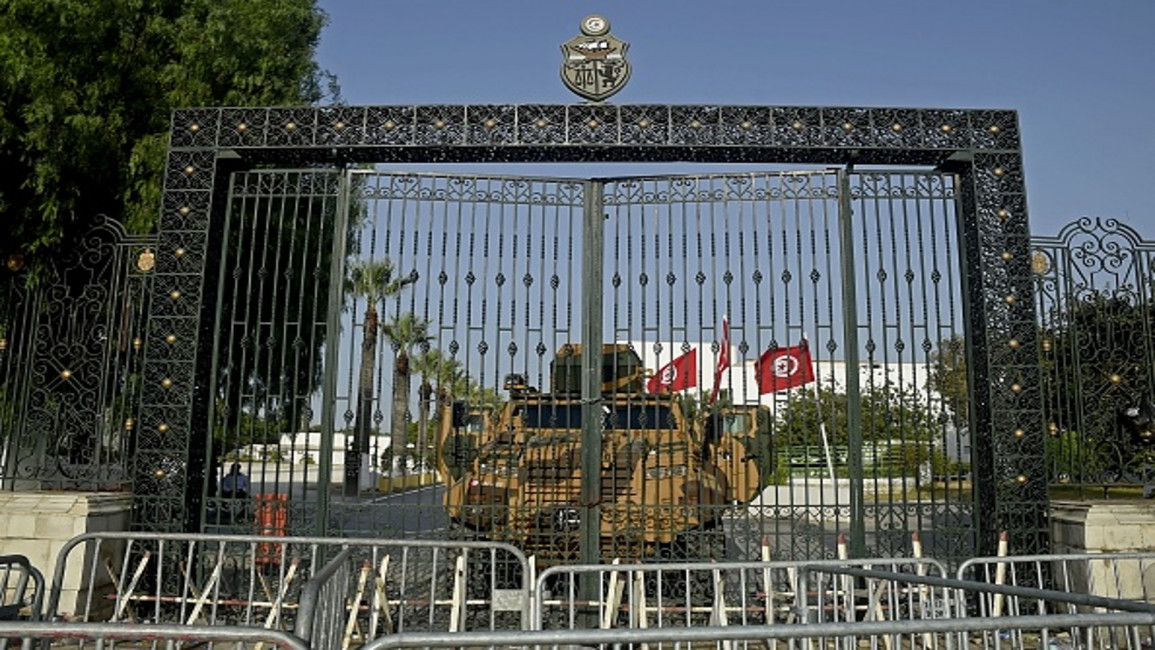Tunisian journalist files court case to challenge President Saied's power grab
A prominent Tunisian journalist has taken to the court to challenge a set of controversial political decisions by President Kais Saied, which have raised the spectre of a coup in a country hailed a model of successful democratic transition in the Arab world since its revolution in 2011.
Ziad El-Hani filed two cases with the Administrative Court on the grounds that Saied's exceptional decision to freeze parliament for at least a month, remove the immunity of parliamentarians and dismiss the country's prime minister are "illegal".
Saied described the drastic measures, adopted on July 25, as necessary to bring "peace" to Tunisia and "save the state" from a political system that he claims is plagued by corruption. The move, however, has been widely described as a "coup".
In a Facebook post on his personal page, El-Hani said he resorted to the judiciary to challenge two presidential decrees, which he said were in blatant violation of the constitution.
El-Hani, editor in chief of Assahafa newspaper (La Presse) and a member of the National Union of Tunisian Journalists, has not shied away from challenging authority.
In 2013, he was charged with defamation for allegedly making accusations against a civil servant during a televised interview. The journalist’s union staged protests in support, demanding his release.
Key civil society groups warned against any "illegitimate" extension of Saied's 30-day suspension of parliament .
After suspending parliament and sacking PM Hichem Mechichi, dismissing the defence and justice ministers, Saied then issued orders dismissing a series of top officials. He has also lifted the parliamentary immunity of lawmakers and assumed judicial powers.
The 63-year-old Tunisian president is a former law lecturer who was a political newcomer when he won the 2019 elections.
The moderate Islamist Ennahdha party, which was the largest faction in the coalition government, has labelled the power grab a "coup d'etat" - while the US, EU and other international powers have voiced strong concern.
Tunisia has often been cited as a success story after the Arab Spring, the tumult sparked across the region after Mohamed Bouazizi, a Tunisian university graduate who could only find work as a fruit vendor, set himself on fire in December 2010.
A decade on, many say they have seen little improvement in living standards and have grown increasingly frustrated with the protracted infighting among parties and political deadlock.



